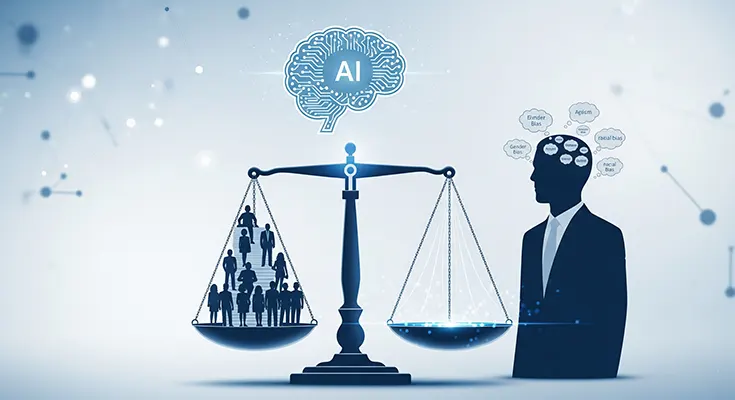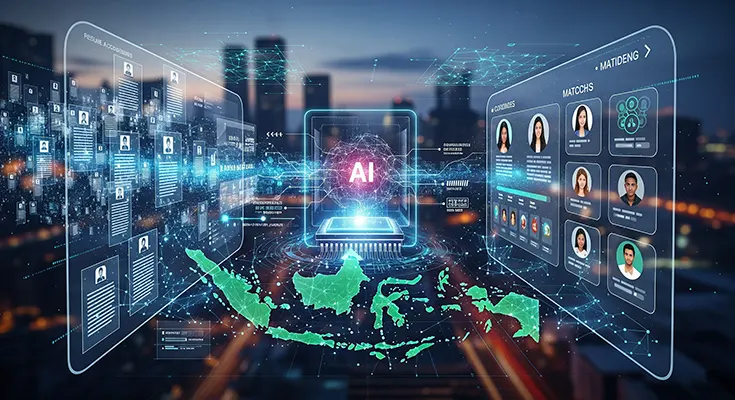
Defining the Future: Leveraging Predictive Analytics and AI for Talent Needs Forecasting
In a dynamic job market, the ability to look ahead is an invaluable competitive advantage. For companies in Indonesia, this means shifting from reactive recruitment—filling vacancies when employees leave—to proactive recruitment—preparing teams for future business needs.This is where the role of predictive analytics and AI for forecasting talent needs becomes crucial.
By combining internal and external data, these powerful tools enable Human Resources (HR) teams to go beyond guesswork and instead forecast talent needs with data-driven precision.This is a fundamental shift that transforms recruitment into a strategic, future-oriented business function.
Difference Between Traditional and Predictive Forecasting
Traditional talent demand forecasting is typically based on simple historical data and intuition. Analysts will look at last year’s employee turnover rate and project the same figure into the following year. This method has significant limitations: it fails to account for market fluctuations, projected business growth, or emerging industry trends.
Predictive analytics and AI …
Defining the Future: Leveraging Predictive Analytics and AI for Talent Needs Forecasting Read More




